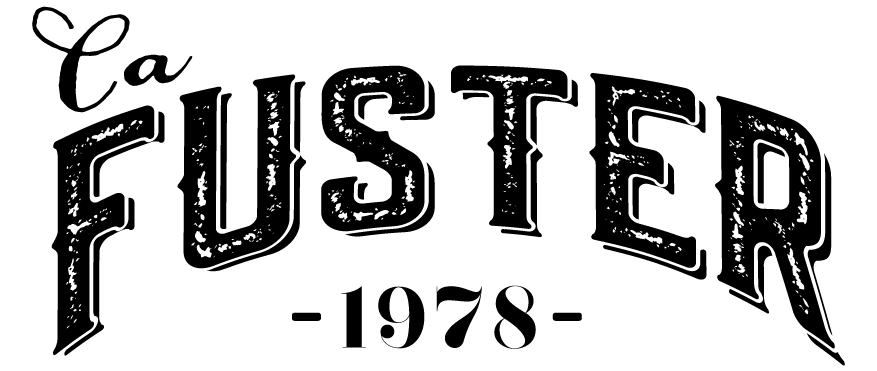Microfinance may be a type of funding that may be provided to small businesses and entrepreneurs exactly who don’t have use of traditional money. This includes loans, credit, usage of saving accounts, insurance policies and funds transfers.
Micro finance bodies are main sources of money for low income individuals and smaller businesses that terribly lack access to traditional banking services or have simply no collateral. These types of institutions present loans and other financing products at good rates.
The purpose of this analysis is to learn how microfinance and entrepreneurship are linked in Kazakhstan, a country undergoing transition to a market economy. We seek to shed light on just how microfinance devices small business creation and formalisation in a transitional context also to explore borrowers’ relationships with MFOs at numerous stages of this process.
The study generates on surfacing literature that feedback a teleological approach to microfinance (Ault & Spicer, 2014; Chliova, Brinckmann, & Rosenbusch, 2015) and advises a more exploratory inquiry that asks more open queries about how microfinance relates to pioneeringup-and-coming outcomes in transitional situations. This requires choosing methodologies which have been more empirically-informed, attuned towards the agency of everyday entrepreneurs and even more contextually-situated.
All of us explored borrowers’ relationships with MFOs by using a field review of 86 clients in Almaty and Almatinskaya schisme in Kazakhstan, which are associated with both the Overseas MFOs that focus on group lending and MFOs offering individual loans to clients. The analysis also reviewed the relationship among borrowers and their MFOs, which was influenced by a array of factors which includes their qualifications characteristics, venture characteristics and laghuvit.net habits of microfinance use.
